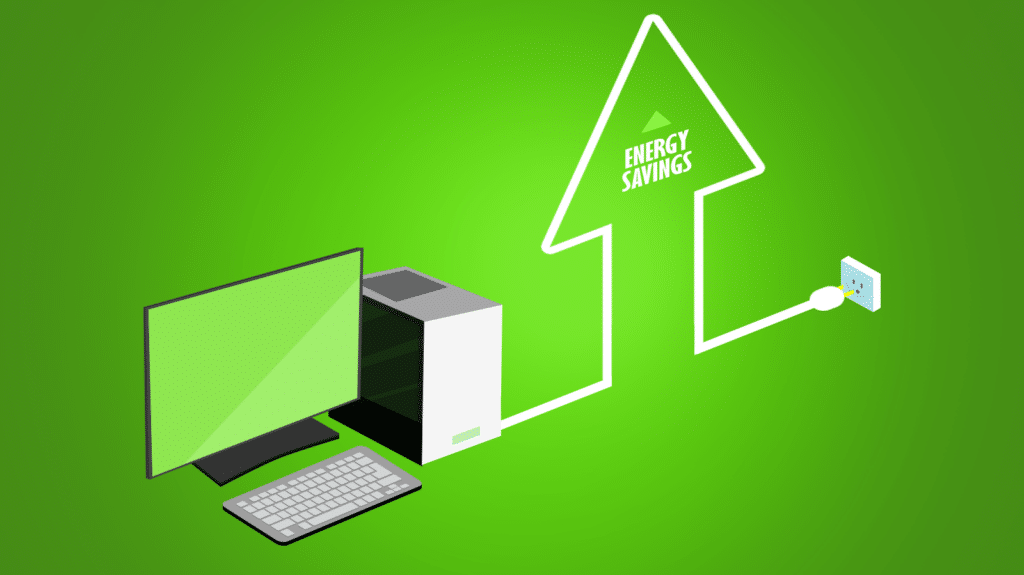You’ve been told to stay put and work from home. You’re looking around your home or apartment and thinking, “uhm, work where?” You’ve never set up a home office. Here’s help getting you organized to go online and get things done working remotely.
The first things you’ll need are a computer and a cell phone. You may even need the phone if your computer is set up for Voice over Internet Protocol (VoIP) communication, but at the very least, you will likely need to be able to talk to people and get online.
Work may have provided you with a laptop. Or perhaps you already had one or a desktop that everyone in the house has been sharing for years. So, you’ve got a computer on which you can log in to necessary business applications.
But wait; we said log in – you’re going to need an internet connection. Most homes do at this point, but you may have a pretty barebones router. Like you, your internet service provider (ISP) wasn’t expecting business traffic from your home.
To work remotely online you’ll need the internet speed and capacity to handle video conferencing and running business software. If it were just you, that wouldn’t be an issue. But you have a partner or roommate working from home now, too. Or perhaps there are kids out of school who are avoiding e-learning by streaming shows or playing video games.
It may be time to upgrade. Newer routers often offer both the older 2.4 GHz and the faster 5 GHz frequency, which has less interference. Additionally, since 5 GHz isn’t as common, you’re less likely to compete with neighbors for Wi-Fi signals (since they’re probably stuck at home, too).
Being Productive Working from Home
Once you’re connected to the internet, you’ll also have to log in at work. Some businesses will have set up virtual private networks (VPNs) for added security. A VPN connects a computer, smartphone, or tablet to a shared or public network as if you’re connecting to a private network.
If not, the responsibility for securing your online activity is yours. It’s always a good idea to make sure your operating system is up to date. Plus, run the latest antivirus and software with the most recent security patches installed. This is required if you’re working from home with an industry that has compliance standards, but it’s a best practice for everyone.
And please don’t use Windows 7 any longer. If you haven’t upgraded your OS since you bought that software, it’s definitely time to update. Microsoft has stopped supporting Windows 7, which means it’s also not doing anything to patch vulnerabilities. Cybercriminals know this, so don’t leave your home computer open to attack.
Knowing that you could be working from home for the next few weeks, take the time to actually establish and organize your workspace. Try to find a place away from distractions or that has a door you can close to keep distractions to a minimum. Also, think about being somewhere in the home that gets natural light. This helps people be happier and more engaged in their work.
You’ll also want to think about how far you’re setting up your workspace from the router. Depending on the power of your hardware, you could encounter a reduced signal the further away you go. You could consider a network cable or Mesh Wi-Fi for your home. Traditional Wi-Fi relies on a single router, whereas a mesh system helps you reach many, spread out areas in your home.
Need to get up and running from home quickly? A managed service provider can help you connect, upgrade, or troubleshoot your home office setup. Give us a call today at (416) 848-6218 or 1 (888) 268-2564.






